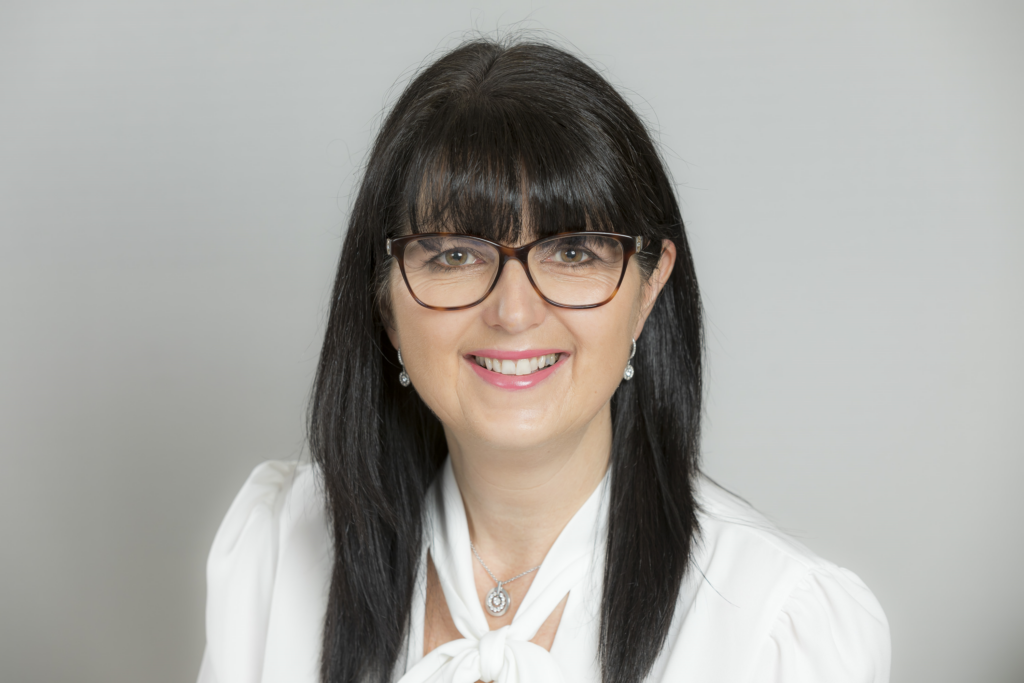
MEMBER BLOG: Shaping misconceptions of Housing professionalisation
There’s recently been a lot of talk about ‘professionalisation’ in the housing sector. It got me thinking about what it really means and what it’s trying to achieve. I suspect the answer goes far beyond training or qualifications (although these are undoubtedly important). It’s as much around trust, expectations and even perhaps vocation. The real message is far more fundamental than a set of common standards.
The tragedy of Grenfell threw a spotlight on stigma and the government’s ‘levelling up’ agenda recognises many inequalities, both demographic and societal. Within this lies the uncomfortable truth that social housing customers are often perceived to be ‘lesser’ citizens than those who rent privately or own their home. A sort of a hierarchy of tenure?
We know that when a hierarchy exists, service is often relatively scaled. Think of the difference between The Mayfair and Travelodge. And that’s perfectly ok when people have choice. But where people don’t have that range of choice (as is the case with most social housing customers) and the need is fundamental (a safe, affordable home), any scale should be irrelevant. Our NHS do it brilliantly. No matter who walks through their door – prince or pauper, professor or pie-maker – they receive the same level of care, attention, and professionalism. Of course, we trust these experts are qualified to help us but we also ‘feel’ the difference between a clinical judgement and a warm bedside manner.
Housing management is not and never has been a property business – it is a customer service business. So if our customers say they feel stigmatised, ignored or served less well, then we are compelled to respond.
Professionalisation is one way of addressing marginalisation or inequality. To be effective we need to drive systemic change, focused on the creation of a service culture, service redesign, business transformation and embedding continuous improvement in our ways of working. Training and development is just one part of the professionalisation roadmap.
To guide this systemic change, we need to achieve a collective understanding of how to professionalise the sector, and to develop a set of core outcomes and competencies that represent our common purpose, led by our customers. A common purpose that’s then delivered not just by us, but by our partners, suppliers and by collaborating with our communities. It is vital that all of our work, from Executives up to those who serve customers most closely, is pointed towards meeting the expectations of customers.
Social housing is a broad church, and in developing professionalisation we need to be mindful of not creating further hierarchy within ourselves. We need holistic solutions which deliver exacting standards of service and quality, while allowing flexibility to suit different organisations, especially if we’re to avoid resorting to an approach defined by the lowest common denominator.
We also need to ensure that whatever we do is adaptable to reflect evolving customer needs, external pressures in the operating environment and future opportunities. We must recognise just how sophisticated our customers are, alongside how complex the challenges are, and ensure we’re creating a professional approach which delivers in the moment and yet designs for the future.
This way, we can use our voice, alongside our customer’s, to drive out negative perceptions across our society through our own behaviours, the stories we create, the messages we give, and the expectations we wire-in as part of our DNA.
In that sense, professionalisation means both levelling up and raising the bar, based on true recognition and respect, for our customers, our colleagues, and our sector.

AUTHOR: Sue Shirt is Stonewater’s Executive Director for Customer Experience and has worked at an executive level in a range of organisations for the last 19 years.
Sue has dedicated her career to improving and modernising housing services, driving organisations to challenge their service delivery to meet the changing expectations of customers. Her focus is to ensure that we always demonstrate respect for those we serve and for each other, and that the customer remains central to decision making.
Sue was part of the team which created Stonewater focusing in particular on the development of customer facing services and tenant scrutiny. Prior to this, her roles included housing consultant for a range of organisations, Managing Director for a rural LSVT and Head of Service in a former coal field regeneration area.
She is a graduate in Economics, a Fellow of the Chartered Institute of Housing and a Member of the Chartered Management Institute. Sue is a trustee for a domestic violence charity.
